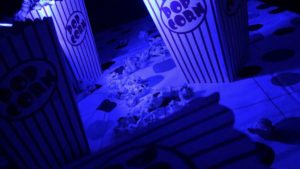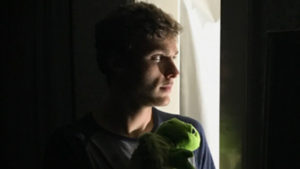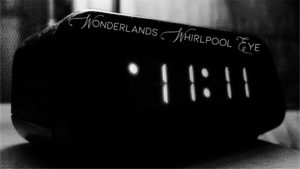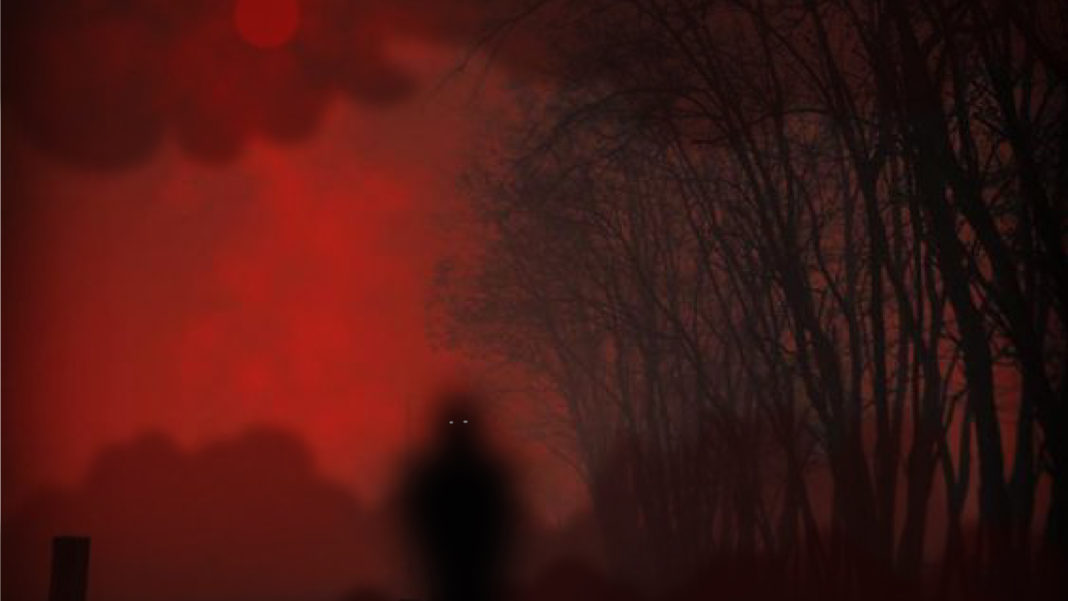We continue today with the second part of our conversation with Jason Davidson about Nocturnal Fandango. In our previous conversation we spoke about the structure of the shows in relation to my own experiences having seen two of their 30-minute pieces. Today we talk about its origin, how audiences respond and I reveal the one question that had Jason thinking for a minute how to answer.

There are other immersive shows for people to see. What sets Nocturnal Fandango apart from those?
Going through the shows we saw, I knew the form and genre had such potential and I really wanted to do some work that spoke to story and narrative and featured really strong writing and emotional and evocative performances. I was motivated and passionate and I had no idea where it would go. Initially I was fascinated with one narrative. Our first three shows were six month experiences. They were built into a long-form narrative where they were attending productions over those six months and engaging with them during those months. You might get a 20-minute phone call laying out narrative beats and then reading something on our online platform. My goal was to develop theatre that intertwined into daily lives.
What kind of response did those first shows get?
We had a core audience member come through. The culminating sequence in our first show was a birth sequence she did completely nude where the baby is lost. That beat was a water balloon that exploded on the audience member. She was in tears, hysterics and it was intense. Her being nude helped her suspend her disbelief and from that time on we knew we were going to move forward with courage and bravery.
How do you work with your actors to be prepared for an “anything can happen” type of show?

Every time we read someone who says we are great improvisers, it hurts us a little bit. Improv actors are inclined to fill the space. We do a lot of training with our team because sometimes it’s just providing space because of the gem that can come from the audience member. You have to key in to and listen to the audience member. It’s a different way of workshopping that is very difficult and it takes very talented actors.
How long does that process take before you know an actor has the right balance of listening and acting?
Some things are up on their feet in an amazingly quick amount of time; others take weeks. It depends on who is in the scene, who is on the team, it depends on how many variations there are.
What have been some of the most interesting responses your company has had from people attending a Nocturnal Fandango show?
I could give you dozens. We did a stand-alone show called Ammunition and that show was a sort of study of our cultural violence and how violence has been imbedded in our history and our blood. The scene spanned a century of history and there were all sort of circumstances that culminated in a school shooting. An audience member might play a teacher or a victim. Sometimes they would survive and sometimes they wouldn’t. There is a difference experiencing the gravity of where we are socially and these episodes that are happening. But how would it actually be to experience it and what would we do? I think that was incredibly powerful for people to go through. Folks had everything from not only anger and sadness, but sort of a feeling of hope walking out of that show that perhaps they can do something. Every conversation we had about this issue is a step in the right direction. Perhaps we can’t change the entire system, but having one conversation is a step in the right direction.

In our digital age, where technology seems to rule many people’s lives, what do you see as missing in day-to-day life and how do your shows help to remind ticket holders that there is a lot more to life to be found in personal interaction.
[I should let you know that there was over a minute of silence before Jason had an answer to this question. I actually thought perhaps the phone connection had dropped.]
I think that with technology and with the ease of connecting technologically, I think we have become frightened with connecting in person and being vulnerable and present in person. We are asking people to connect and having them do this in these imaginary circumstances. My hope is the skills they practice in these unusual circumstances are skills they will take back to their ordinary circumstances. And our audiences will be more ready to have ordinary human connections with partners, friends and associates more readily. The time with us reminds them the time we have together is about human connection. And the time is to remind them of the power to have that connection in our daily lives.
Nocturnal Fandango‘s Take Me is sold out for the first week, but there are tickets for the second weekend (October 26th and 27th.) The next series of Dr. Rocket’s Twilight Carnival shows begin November 15th and run through November 17th. Tickets for both can be found here.
All photos provided by Nocturnal Fandango. Main image by Chelsea Morgan
To read part one of our conversation, please go here.
Update: This post has been edited at the request of Jason Davidson to remove a few specifics about one of their audience members. Though the information was freely given in the interview, Mr. Davidson felt it compromised this person’s identity. Since Nocturnal Fandango shows are designed to allow people the freedom to experience shows openly and without judgment, he requested we make this change.
2nd Update: Prompted by an anonymous comment posted on a Cultural Attaché story about Nocturnal Fandango, I called Jason Davidson to get a comment and clarification. He told me that Nocturnal Fandango has ceased operation.











